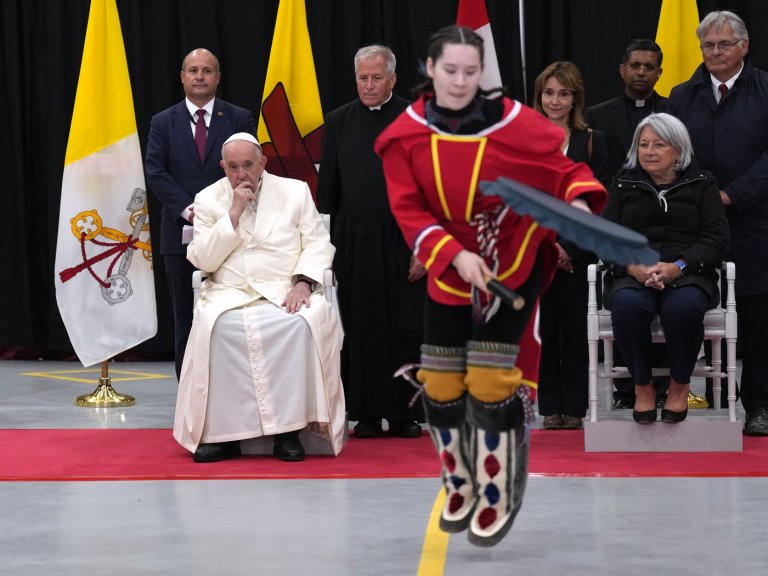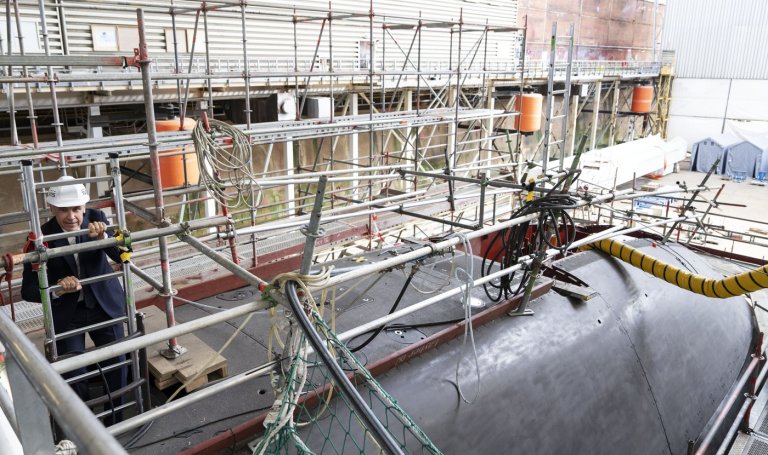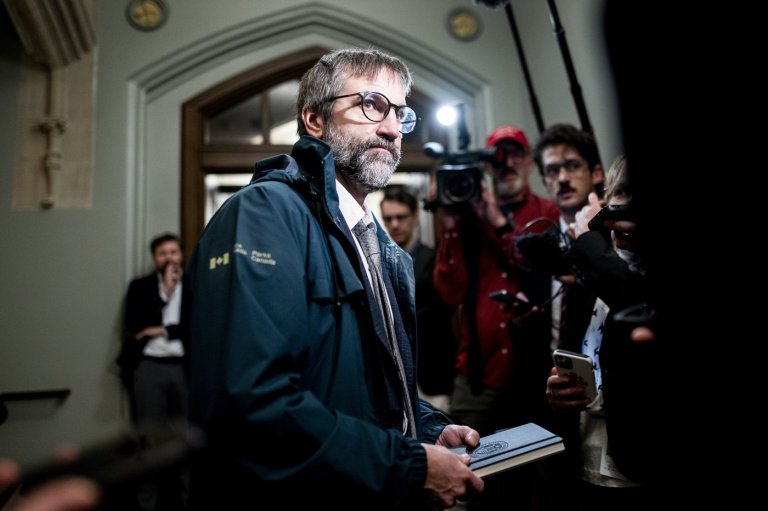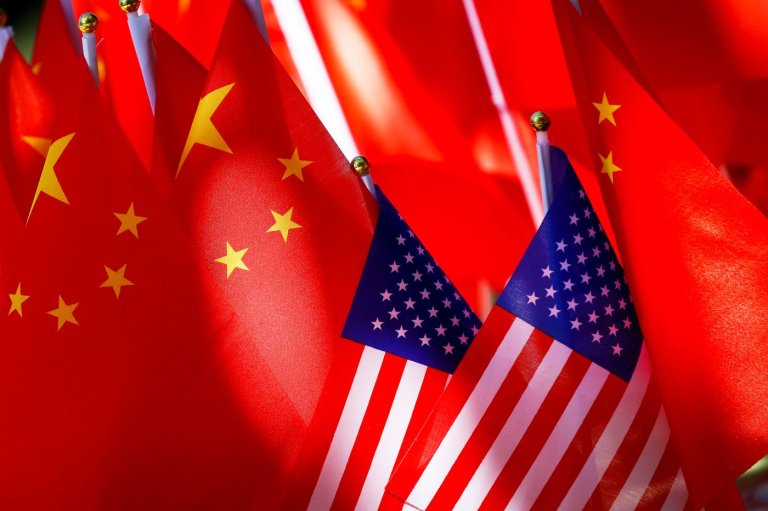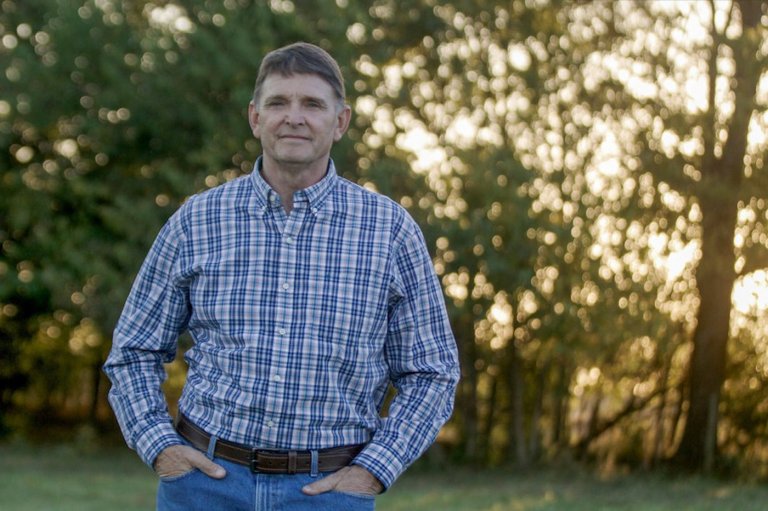Envoy says violent Khalistan rhetoric curbs trade, shakes India’s trust in Canada
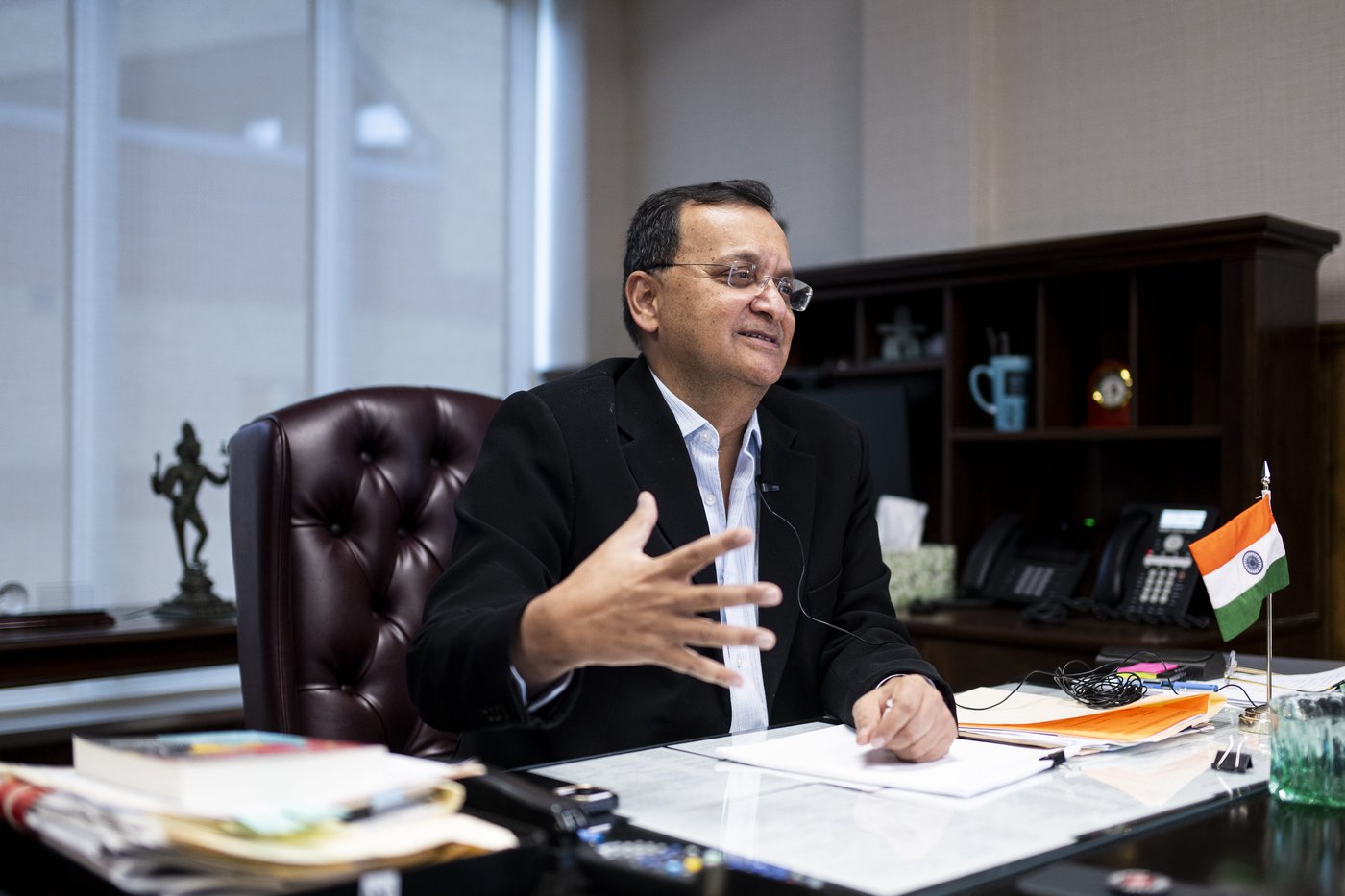
OTTAWA — New Delhi’s envoy to Ottawa says violent rhetoric deployed here by Sikh separatists is undermining Canada’s image in India and holding back efforts to boost trade ties and reset diplomatic relations.
In an interview with The Canadian Press, Indian High Commissioner Dinesh Patnaik rejected former prime minister Justin Trudeau’s claim in 2023 that there were “credible allegations” linking agents of the Indian government to the murder of a Canadian Sikh activist earlier that year.
Patnaik also said the aggressive tone of the Khalistan movement is scaring away investment.
“While we are trying to move trade forward, a whole lot of businesspeople (in India) feel uncomfortable because they see this as a place where violence, extortion, intimidation is rising,” Patnaik said last Thursday.
“Nobody wants that kind of impression.”
Patnaik’s comments come as the Carney government attempts to reset relations with India after two years of tension.
Some Sikh groups in Canada have for decades called for an independent Sikh state called Khalistan to be carved out of India. New Delhi has called the Khalistan movement a major threat to India’s sovereignty, while Ottawa has said Khalistan supporters are engaged in legal and peaceful protest.
In 2023, Ottawa accused New Delhi of playing a role in the assassination of Canadian Khalistan activist Hardeep Singh Nijjar, a claim New Delhi maintains is ridiculous and lacks concrete evidence.
The RCMP last year linked agents of the Indian government to acts of extortion, coercion and homicide in Canada committed by gangs targeting Khalistan supporters.
Some pro-Khalistan groups have printed posters calling for information about specific Indian diplomats, featuring photos of the individuals and phrases like “Kill India.”
While speaking to The Canadian Press, Patnaik pointed to a poster produced by the group Sikhs for Justice which features his face behind crosshairs and an offer of $10,000 cash in exchange for his home address in Ottawa.
“I feel bad that it’s only $10,000,” he quipped.
“I’m not concerned about myself. I know I will be able to handle it. But back home, family members, friends … they look at Canada as something akin to Somalia or Niger or something else.”
India has long claimed that parts of the Khalistan movement have links to organized crime.
Patnaik did not use the words Sikh or Khalistan in his interview with The Canadian Press and instead referred to the movement as “this element.” He suggested he is receiving a level of security that goes beyond the usual irregular visits from the RCMP afforded to most diplomatic chiefs in Ottawa.
“The Canadian government’s line is these people are awful but lawful,” he said.
“If you believe that this element is a peaceful element of people who are just demonstrating peacefully, then why does the Indian High Commission need security in Canada?”
Sikh groups have pushed back on claims about criminal ties, dismissing them as an attempt by New Delhi to distract from widespread allegations of Indian transnational repression.
When asked to respond to Patnaik’s claims, the group Sikhs for Justice said it has offered thousands of dollars for information about Indian diplomats’ whereabouts to mirror the sums India is alleged in an American court filing to have paid for an assassination.
“That’s the difference between accountability and terrorism,” wrote the group’s lawyer Gurpatwant Singh Pannun, who was the stated target in that U.S. case.
“No Indian diplomat has ever been attacked in Canada. It is pro-Khalistan Canadian Sikhs who have been assassinated, surveilled and threatened by India’s agents operating freely under diplomatic cover.”
While Pannun did not speak to the use of crosshairs imagery in his group’s posters, he said the phrase Kill India “means dismantling the Union of India that commits genocide and econocide — SFJ is campaigning to kill India’s system, not its people.”
Patnaik said the Canadian public seems to frame the issue of Khalistan extremism as “an Indian problem” alone, despite the 1984 Air India bombing being linked to Sikh separatists in Canada. It remains the deadliest terrorist attack in Canadian history.
Patnaik said India would co-operate with Canada on any evidence-based criminal allegations linked to Nijjar’s death — not “press reports about apparent intelligence sources.” He argued no evidence has been presented linking New Delhi with Nijjar’s killing.
National Security Adviser Nathalie Drouin told a House of Commons committee in October 2024 that India was spreading “a false narrative that Canada showed it no evidence and that we were ignoring its concerns about Khalistani violent extremism.”
Drouin said conversations took place between Canadian security officials, including herself or her predecessor, and India’s national security adviser, six times between August 2023 and March 2024. Drouin had a seventh conversation with her Indian counterpart in May 2024 after arrests were made in Canada in the Nijjar case.
In addition she had conversations with the Indian high commissioner in Canada and Trudeau spoke about the situation with Prime Minister Narendra Modi at the G20 in New Delhi in 2023.
Drouin said in October 2024, just before the RCMP went public with allegations about Indian state actors being linked to violent crimes in Canada, the RCMP tried unsuccessfully twice to provide evidence to Indian officials.
On Oct. 12, 2024, Drouin, the RCMP deputy commissioner, and David Morrison, the deputy minister of Foreign Affairs, met with the Indian national security adviser in Singapore.
“The deputy commissioner spoke about and demonstrated a body of evidence that established clear links between agents of the Government of India and violent criminal activities taking place in Canada,” Drouin told the committee.
“In a legal process, we would like evidence of what’s happened. But just allegations does not make sense to us,” Patnaik said.
Sikhs For Justice is planning to stage protests at Indian diplomatic missions across Canada. It also argues Patnaik’s rejection of claims linking India to Nijjar’s murder serves to “mock Canada’s sovereignty.”
Patnaik does not appear to share his predecessor’s concerns about security arrangements in Canada. He said his staffers have “no complaint about the security” given to India’s high commission and consulates.
Patnaik said the recent closed-door talks between Canadian and Indian law enforcement and intelligence experts have been productive.
“The security dialogue is very good,” he said, noting it has involved high-level officials from each side.
“This is what we wanted. We wanted a situation where the people conversant with intelligence and security talk to each other on a regular basis. That is the basis of building up the relationship.”
Patnaik also said India has invited Prime Minister Mark Carney to a major artificial intelligence summit next February in New Delhi.
This report by The Canadian Press was first published Oct. 21, 2025.
Join the Conversation!
Want to share your thoughts, add context, or connect with others in your community?
You must be logged in to post a comment.














